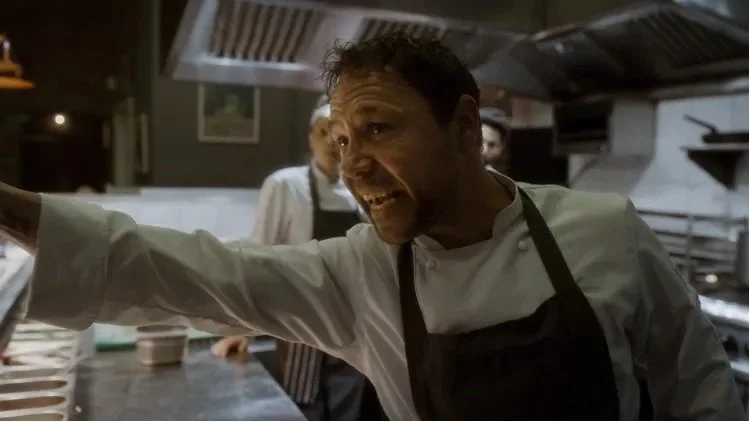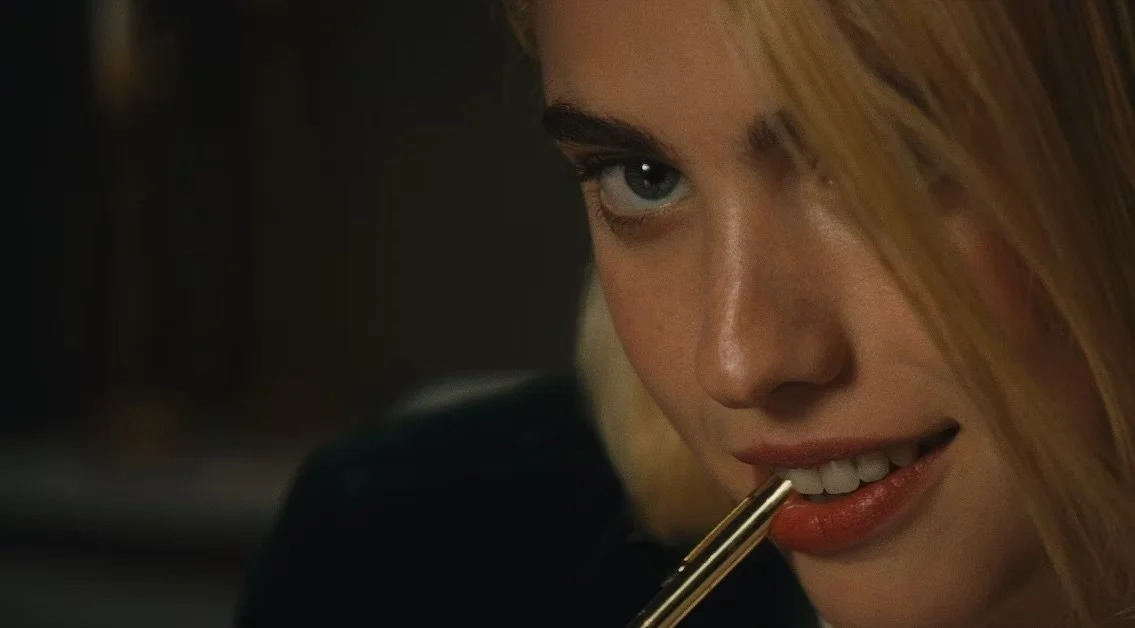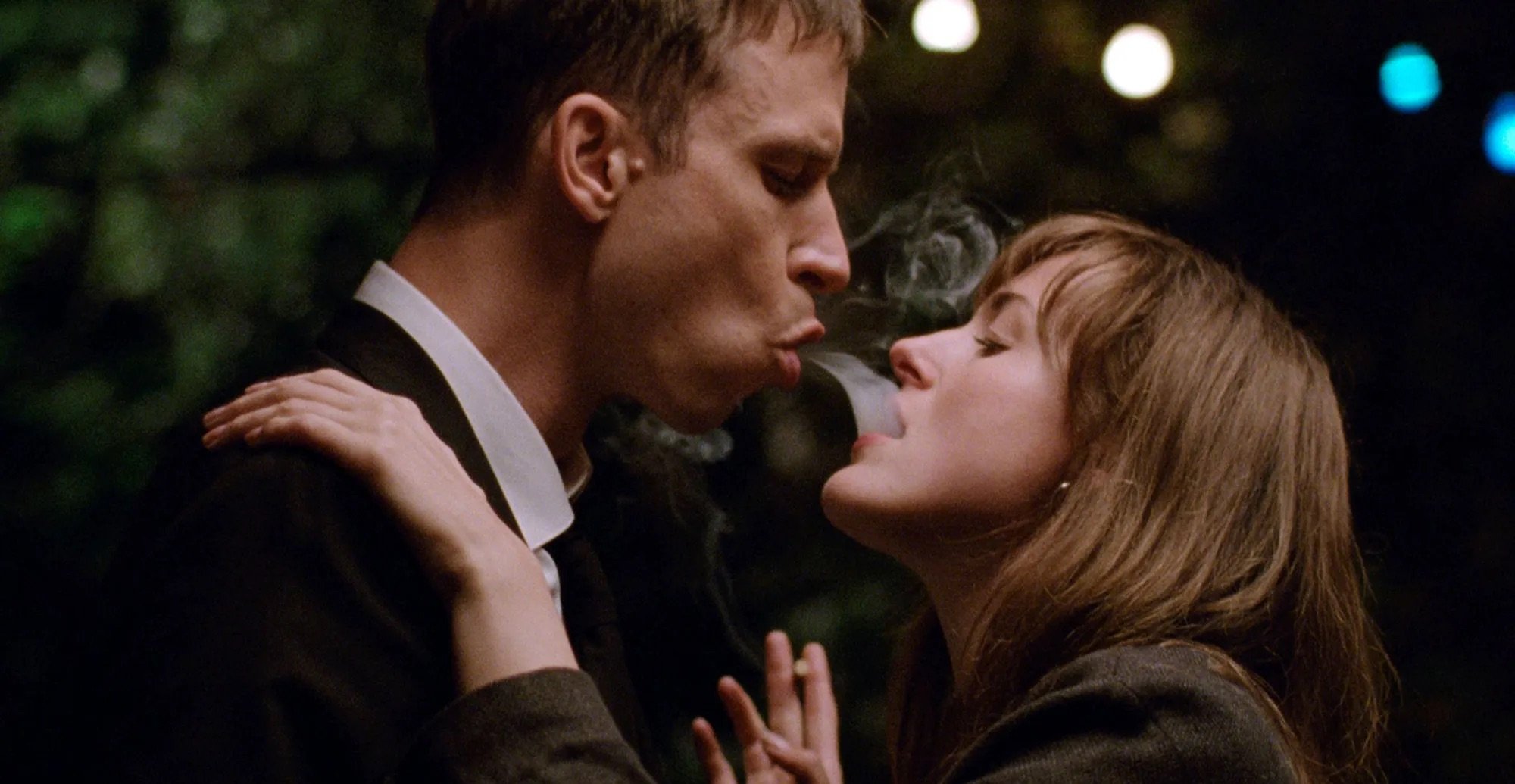‘Hurry Up Tomorrow’— 5 Films That Explore the Urgency of Now
Image via Lionsgate
In an era defined by collapsing timelines, environmental crises, and existential stress, these five films capture what it means to race against the clock.
Everywhere you look—from headlines to timelines—life feels like it’s moving faster than ever. Technology accelerates. Climate deadlines loom. Cultural shifts that once took decades now unfold in days. We scroll, consume, react—and then do it all over again. In this climate of compressed time, it's no surprise that cinema has begun to absorb that speed and reflect it back at us.
Gone are the days when urgency was only the domain of ticking-bomb thrillers. Today, stories across every genre—from intimate dramas to sci-fi epics—are infused with a sense of “now or never.” Filmmakers are asking: What happens when time runs out? What if we’re already out of time? And how do we keep going anyway?
These five films, each in their own way, embody the breathless pressure of the present. They ask urgent questions—about love, survival, climate, identity, and collapse—and often provide no easy answers. But they all tap into a universal feeling: that the future isn’t coming, it’s already here.
In the spirit of the recently released Hurry Up Tomorrow, which channels generational burnout and climate anxiety into a time-bending cinematic fable, we look at other films that confront urgency head-on—each from its own bold perspective.
Don’t Look Up (2021)
Director: Adam McKay
Starring: Leonardo DiCaprio, Jennifer Lawrence, Meryl Streep
A satirical scream into the void, Don’t Look Up is a parable about climate change disguised as an end-of-the-world comedy. As two astronomers try to warn the public of an impending comet strike, they run headfirst into media spin, political indifference, and the numbing effects of social media.
McKay’s chaotic pacing and spiraling tone mirror the real-world absurdity of watching existential threats be trivialized. It’s a movie about urgency that doubles as a critique of our inability to respond to it. Darkly funny and maddeningly accurate, it captures a civilization whistling past its own extinction.
Boiling Point (2021)
Director: Philip Barantini
Starring: Stephen Graham, Vinette Robinson
Set over one harrowing night in a high-end London restaurant, this one-take pressure cooker is less a film than a panic attack in motion. Boiling Point doesn’t just depict stress—it lives inside it. As the evening unravels, personal tensions, professional missteps, and systemic inequities collide.
Graham’s performance is a masterclass in sustained tension. There are no breaks, no breathers. Just mounting dread and a sense that something—everything—is about to give way. It’s not a thriller by genre, but it might be one of the most nerve-shredding films in recent memory.
Sanctuary (2023)
Director: Zachary Wigon
Starring: Margaret Qualley, Christopher Abbott
A two-hander that plays out like a psychological duel, Sanctuary is built entirely on shifting power dynamics—and time is always running out. When a wealthy heir tries to end a long-term arrangement with a dominatrix, their goodbye meeting turns into a verbal chess match charged with emotional urgency and sexual politics.
The film unfolds in real-time, tightening the screws with every minute. It’s not just about who wins the game—it’s about what happens when a relationship’s structure implodes, and you’re left freefalling through the present without a script. Daring, claustrophobic, and often electric.
How to Blow Up a Pipeline (2022)
Director: Daniel Goldhaber
Starring: Ariela Barer, Kristine Froseth, Lukas Gage
This radical eco-thriller doesn’t tiptoe around its premise—it detonates it. Inspired by Andreas Malm’s nonfiction book, the film follows a group of young environmental activists as they plan and execute a sabotage mission against fossil fuel infrastructure. The structure is urgent, the tone unapologetic.
Cut like a heist movie, Pipeline turns climate despair into direct action, asking: When the system is broken and time is up, what’s left to do? With its DIY ethos and kinetic editing, the film pulses with political immediacy, balancing thriller suspense with intellectual heat.
The Worst Person in the World (2021)
Director: Joachim Trier
Starring: Renate Reinsve, Anders Danielsen Lie
Not all urgency is political—some of it is personal. In The Worst Person in the World, Trier captures the anxiety of becoming, of trying to find out who you are while the world keeps pushing you forward. Told across twelve chapters, it follows Julie as she careers through relationships, careers, and crises of identity.
Reinsve’s performance is luminous—sometimes giddy, sometimes devastated. Time feels like it’s slipping away. Decisions become irrevocable. And yet, amidst the chaos, the film finds poetry in indecision. A coming-of-age story for anyone already “of age,” this is emotional urgency, writ intimate.
POPULAR ON THE CINEMA GROUP
The urgency of now isn’t just a trend—it’s the condition of our time. These films don’t offer easy resolutions or comforting escapism. Instead, they meet us where we are: in the midst of acceleration, instability, and longing for a pause that never seems to come.
By blending narrative propulsion with thematic weight, each film challenges us to confront what we’re avoiding—whether it’s planetary crisis, personal transformation, or the social systems failing around us. But more importantly, they remind us that storytelling still matters. That when time feels like it’s collapsing, art can stretch it, reflect it, and help us process the speed.
In many ways, Hurry Up Tomorrow crystallizes the very feeling these films explore. It’s not just a title—it’s a condition we’re living in. Time moves fast. Art helps us catch up.
Because cinema, at its best, doesn’t just react to the now—it reframes it. It shows us how to live inside the storm without losing our grip on the horizon.














